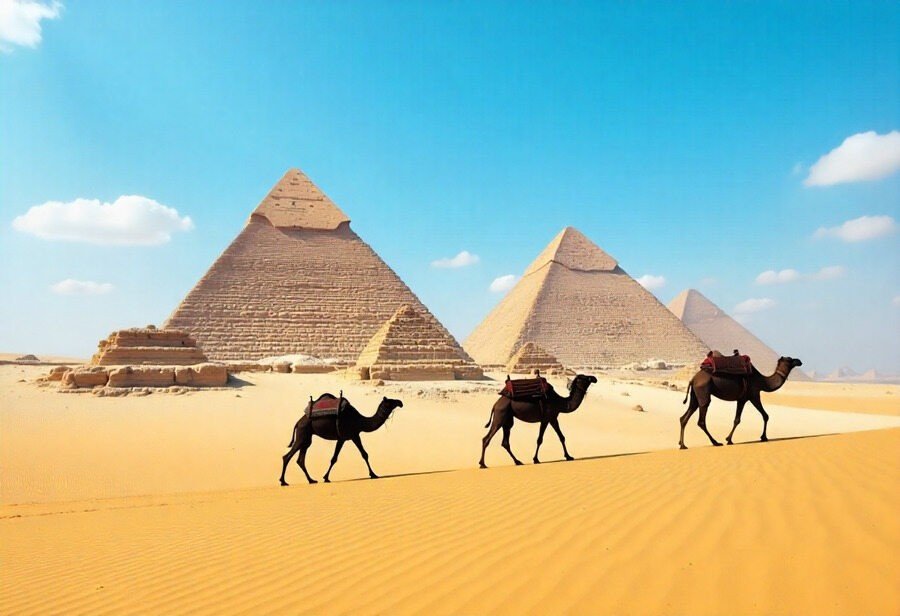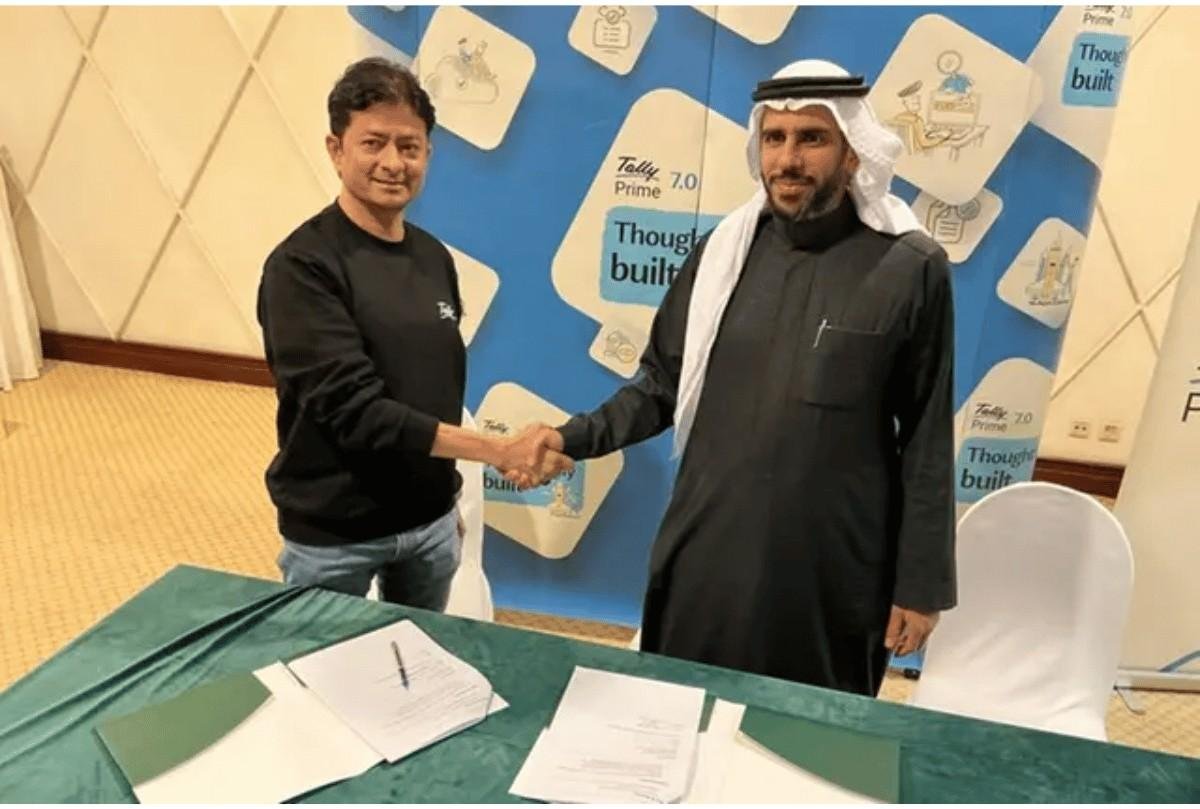Egypt is embarking on a groundbreaking digital transformation to preserve its ancient heritage and redefine the global cultural tourism experience. Through two major cooperation protocols between the Ministry of Communications and Information Technology (MCIT) and the Ministry of Tourism and Antiquities, the nation aims to digitize archaeological records, modernize site connectivity, and make its historical legacy accessible to audiences worldwide.
The official signing ceremony, held at the Grand Egyptian Museum, brought together key government figures, including Dr. Amr Talaat, Minister of Communications and Information Technology, and Mr. Sherif Fathi, Minister of Tourism and Antiquities. The event underscored Egypt’s vision of merging technological innovation with cultural stewardship to safeguard and showcase one of the world’s richest civilizations.
The first agreement, the “Egypt Digital Heritage Portal Project,” will create a centralized digital platform cataloging Egypt’s archaeological artifacts and research records. Spearheaded by Eng. Raafat Hindi, Deputy Minister for Infrastructure Development and Digital Transformation, and Dr. Mohamed Ismail Khaled, Secretary-General of the Supreme Council of Antiquities, the platform will make Egypt’s treasures accessible to scholars, tourists, and the global public. It aims to enhance collaboration among international researchers and preserve cultural data for future generations.
The second agreement focuses on enhancing telecom infrastructure across Egypt’s archaeological sites and museums, signed by Eng. Ahmed Abdel Aziz, Deputy Executive for National Projects at the National Telecommunications Regulatory Authority (NTRA), and Dr. Khaled. The initiative will improve mobile coverage, internet access, and smart connectivity at heritage locations, enabling visitors to engage with digital guides, mobile apps, and immersive virtual experiences while maintaining the authenticity of these historical sites.
A joint executive committee will oversee implementation to ensure both initiatives progress in alignment with Egypt’s national strategy for digital transformation. Dr. Talaat described the projects as part of a broader mission to “harness ICT for cultural preservation and elevate Egypt’s global leadership in digital heritage.”
These efforts also complement Egypt’s long-term plan to boost smart tourism, increase economic growth, and enhance global engagement with the country’s cultural assets. Improved digital infrastructure and access to virtual tours are expected to attract new waves of visitors and strengthen Egypt’s position as a hub of technological innovation and cultural excellence.
The ceremony gathered notable attendees, including Dr. Ahmed Ghoneim, Executive Director of the Grand Egyptian Museum; Dr. Huda Baraka, Advisor to the Minister for Technological Skills Development; and Dr. Hisham El-Deeb, Head of the Digital Heritage Hub. Officials from both ministries reaffirmed that these initiatives represent Egypt’s commitment to combining tradition with technology for sustainable cultural preservation.
By fusing innovation with historical stewardship, Egypt is setting a new global benchmark for how technology can serve as a bridge between past and future — ensuring that the wonders of ancient Egypt continue to inspire and educate generations to come.















